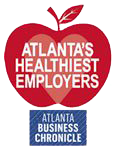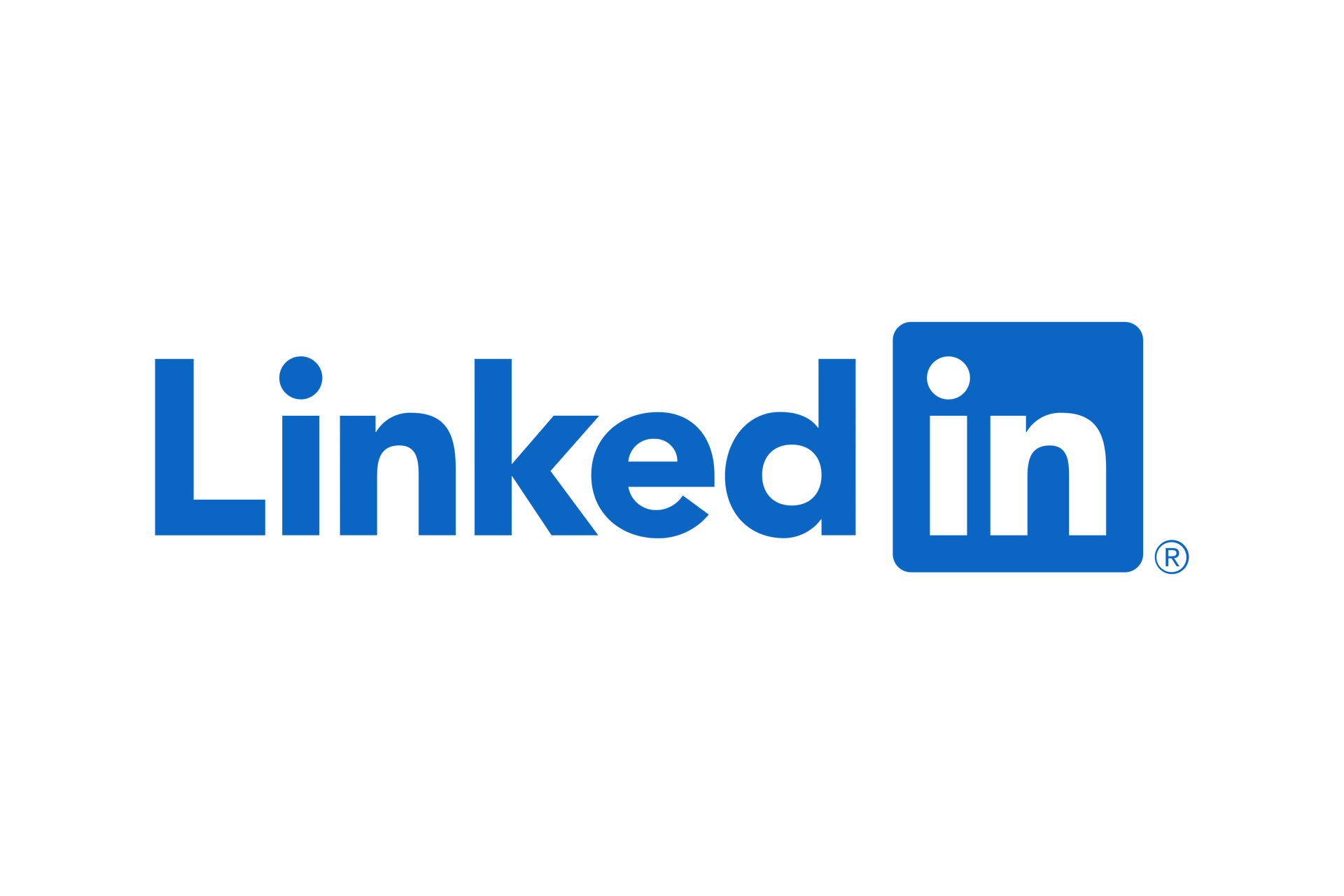Can Companies Require Their Employees To Pass A COVID-19 Test Before Returning To Work?
Can Companies Require Their Employees To Pass A COVID-19 Test Before Returning To Work?
By Colleen Kucera, Senior VP, Operations at United Benefit Advisors
As the country gradually begins to reopen, organizations loosen their teleworking mandates, and employees return to the office, it may be tempting for companies to pick up where they left off and consider COVID-19 a non-concern. But for HR teams, the workplace challenges presented by the coronavirus are just beginning. Health authorities have made it clear that the reopening of the country does not mean phasing out COVID-19 guidelines and protocols. If anything, employees returning to on-site work means HR teams need to take more precautions than ever to ensure the safety and wellbeing of their staff. As human resource professionals grapple with this, many have wondered: can they require their employees to pass a COVID-19 test before they can return to the office?
The Short Answer: Yes, But
On April 23, the U.S. Equal Employment Opportunity Commission (EEOC) updated its guidelines to confirm that employers could institute mandatory COVID-19 tests for their employees, so long as it is "job related and consistent with business necessity.” (It’s also worth noting that the EEOC also recommends employers "still require —? to the greatest extent possible —? that employees observe infection control practices.”)
But just because the EEOC has given the green light to this practice, doesn’t mean your company should, or even can, realistically implement it. Accurate, reliable COVID-19 testing is still difficult to come by, and may not be realistic for organizations with a large staff.
Alternative Methods
While mandatory employee tests may not be feasible for most organizations, there are several other precautions employers can take to prevent the spread of COVID-19 in the workplace. One popular option is regular temperature checks. Like coronavirus tests, the EEOC has approved the use of mandatory temperature tests as a condition for returning to work. Temperature tests can be performed by the employer, by a third party, or by the employees themselves. The only guideline the Centers for Disease Control and Prevention (CDC) gives is the “100.4 degree threshold,” where an employer can turn away an employee with that temperature or higher.
Employers can also enforce a waiting period before employees can return to work, in order to ensure they’re not experiencing any symptoms of COVID. The CDC currently recommends two weeks, though some organizations may wish to wait longer.
Avoiding Discriminatory Testing
No matter what precautions or policies your organization implements as its employees return to work, it’s important to remain compliant and ensure the testing is administered evenly, without discriminating against age, gender, race, or ethnicity. The EEOC and CDC have emphasized that employers must remain especially alert to bias and discrimination in the workplace against Asian Americans or people of Asian descent during the coronavirus pandemic.
Brought to you by:













